Moscow’s chain of mistakes From Karabakh to the plane crash and Yekaterinburg
In recent weeks, the Russian press—particularly the publication Komsomolskaya Pravda—has been actively spreading materials under the guise of analysis that are, in reality, a surrogate made up of conspiracy theories and one-sided interpretations aimed at justifying Moscow’s failures in relations with Baku. The article titled “British Playbooks, Turkish Plans: Who Really Pushed Azerbaijan into Conflict with Russia” vividly illustrates this approach: the authors, referring to supposedly invisible threads of British influence and Turkish ambitions, try to shift the responsibility for the current crisis in Azerbaijani-Russian relations onto external forces, while ignoring the fundamental causes generated by the actions of the Russian side itself.
As a journalist with many years of experience covering Azerbaijani-Russian relations, I cannot leave this narrative unanswered — one that not only distorts reality but also exacerbates tensions instead of helping to resolve them. Relying on facts, historical context, and sound logic, I will attempt to dissect these claims, showing that Azerbaijan, pursuing a consistent policy, has never sought confrontation, and that the current crisis is, unfortunately, the result of accumulated mistakes and shortsighted steps on the part of official Moscow.
Let us start with the main point: Azerbaijan has always pursued an independent policy focused on protecting national interests, developing multifaceted relations, and strengthening sovereignty. This is obvious to anyone following the country’s development since it regained independence. Baku consistently builds relationships with various centres of power — from Türkiye and Israel to China and European Union countries — not guided by anyone’s “playbooks,” but based on pragmatic calculations: economic benefit and ensuring geopolitical stability.
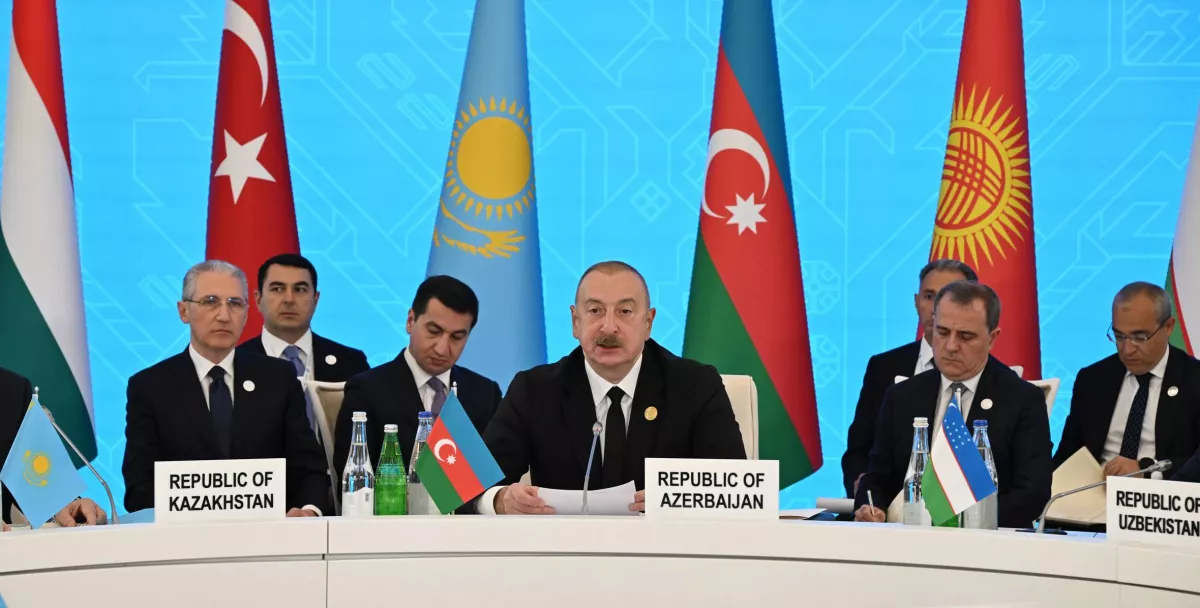
The Organisation of Turkic States (OTS), which the Komsomolskaya Pravda article portrays as a tool of an anti-Russian conspiracy, is in fact a platform for cultural, economic, and transport cooperation among brotherly nations. For example, the summit in Shusha in July 2024 focused on integration projects such as the development of the Middle Corridor and energy security, with no hint of militarisation or aggression against anyone.
Türkiye, which plays a key role in the OTS, is indeed a strategic ally of Azerbaijan, but this alliance is based on the principle of “one nation, two states,” not on “Great Turan plans” that exist only in the imaginations of Russian conspiracy theorists.
As for Britain, Baku’s ties with London have strategic significance in the energy sector — the UK is an investor in Azerbaijani projects such as Shah Deniz. This is pure economics, not “playbooks” for destabilisation.
Meanwhile, for some reason, the Russian side conveniently “forgets” the factors negatively affecting the relations — and conspiracy theories about the “hand” of Türkiye, Britain, or anyone else are unnecessary here. If one looks for the “puppet masters,” they should look in the mirror: it is precisely Russian policy in the South Caucasus, with its double standards, that has led to the erosion of trust.
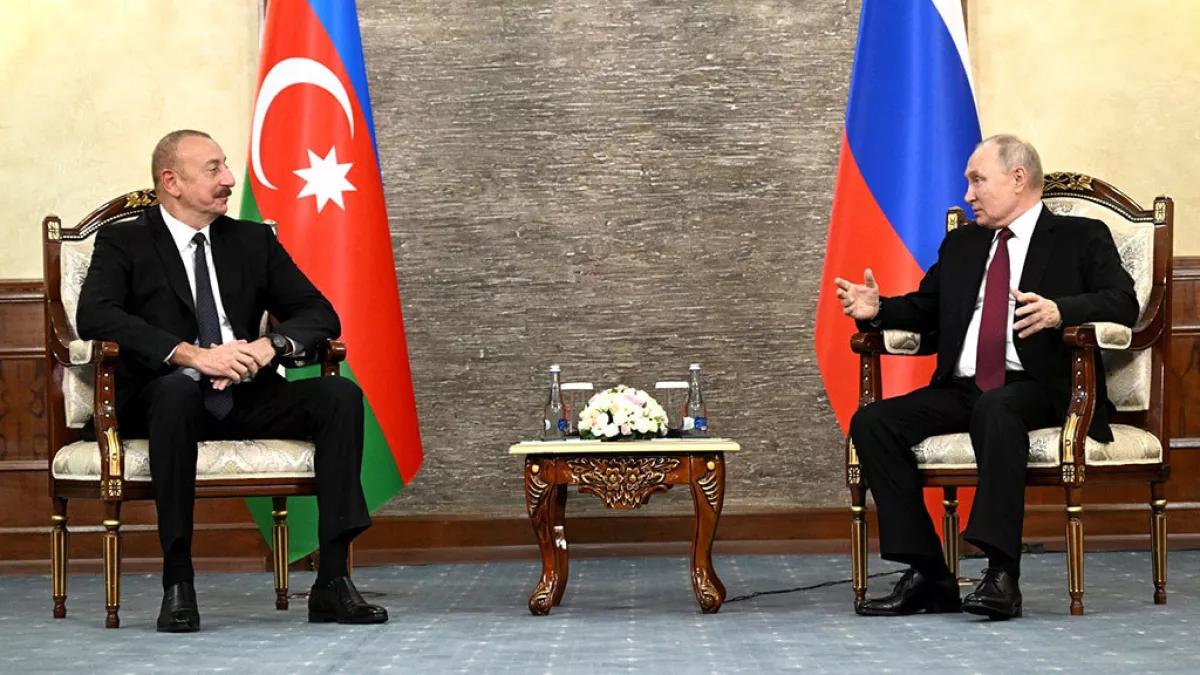
Let us recall recent events to understand how the current escalation came about. In August 2024, Russian President Vladimir Putin paid a state visit to Azerbaijan. The warm and sincere high-level reception was a vivid testament to mutual respect and a desire for cooperation. The negotiations in Baku covered a wide range of topics — from energy cooperation to cultural exchanges. Azerbaijan, as the host, did everything to ensure the visit was held at the highest level, demonstrating a genuine readiness for constructive dialogue. But this positive momentum was quickly destroyed by a series of incidents for which Moscow bears responsibility.
The central incident was the crash in December 2024 of an Embraer E-190 aircraft operated by Azerbaijan Airlines on the Baku–Grozny route, which was shot down by a Russian air defence system. The tragedy claimed the lives of dozens of people, the majority of whom were Azerbaijani citizens. However, Moscow attempted to cover up what happened, inventing ever new excuses and confusing versions of events. Had the Russian side found the courage to openly acknowledge responsibility for the plane incident at that time, things might have unfolded differently: a transparent investigation, compensation to the families of the victims, and apologies could have preserved bridges of trust. Instead, we witnessed evasiveness that only deepened suspicions of insincerity and provoked a wave of public discontent.
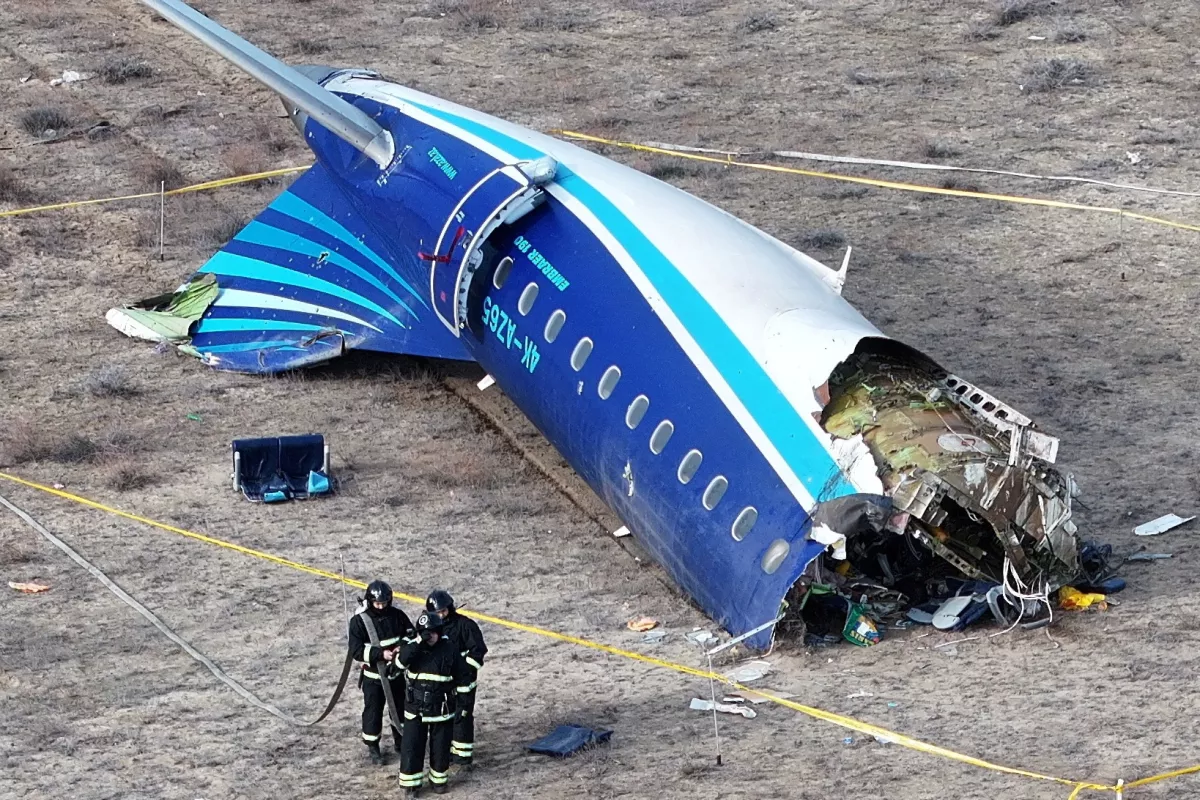
The plane tragedy is far from an isolated incident. It serves as a reminder of Moscow’s systemic stance, which for decades sided with Armenia in the Karabakh conflict. The occupation of Azerbaijani territories, military and political support to Yerevan, arms supplies, and today’s patronage of revanchist forces—all of this has originated from and continues to come from Moscow. Ignoring this fact means deliberately distorting reality.
For many years, Russia has positioned itself as a “peacekeeper,” but in reality, its policies only prolonged the conflict. Even after the withdrawal of the Russian peacekeeping contingent from the Karabakh region of Azerbaijan in April 2024, Moscow did not abandon its support for revanchist circles in Armenia, providing them with space for anti-Azerbaijani rhetoric and attempts to destabilise the region.
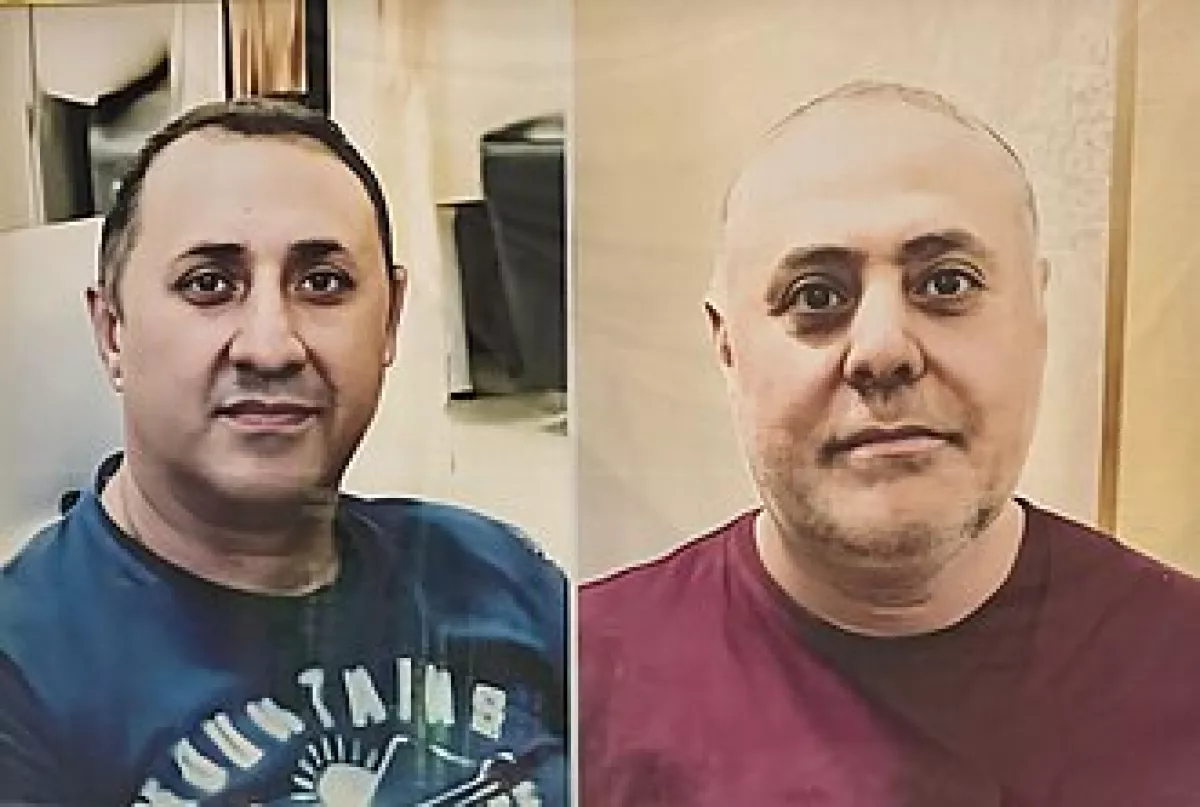
Among the chain of events that served as catalysts for the current crisis, one cannot overlook what happened on June 27, 2025, in Yekaterinburg. The Komsomolskaya Pravda article describes this as a “lawful operation against an Azerbaijani organised crime group accused of murders and poisonings.” But the issue is not about who is accused of what. The fact is that this resembled not a police operation, but a demonstrative execution of Azerbaijanis: more than 50 people were detained, and two—the Safarov brothers—were killed, and brutally at that. I believe any state would demand a fair investigation of such lawlessness. Azerbaijan acted accordingly—the country’s General Prosecutor’s Office opened a criminal case on charges of torture and murder.
Baku’s retaliatory measures are not “revenge,” as claimed by the Russian press, but a forced response to protect national interests amid escalating tensions—an escalation that, mind you, is partly the result of efforts by certain high-ranking figures in Moscow, including the head of the Investigative Committee, Alexander Bastrykin, who has repeatedly expressed chauvinistic views about migrants. All this resembles Russia of the turbulent 1990s—a time of chaos and strategic mistakes when individuals like Pavel Grachev shaped foreign policy, ultimately leading the country to a dire situation. Bastrykin today seems to be heading down the same path.
The authors of the Komsomolskaya Pravda article did not overlook the economic aspect, trying to scare Azerbaijan with “losses” from the breakdown of relations. That was the wrong approach, comrades. The fact is that the trade turnover between the two countries actually favors Russia, since Russian exports exceed Azerbaijani imports by billions of dollars, primarily focusing on raw materials and basic goods. Azerbaijan does not purchase high-tech products from Russia and can easily replace these supplies with deliveries from China, where prices are lower and quality is more than comparable. Moreover, many items can be bought cheaper from other countries—even Ukraine, with which Baku, by the way, is developing energy and transport cooperation.
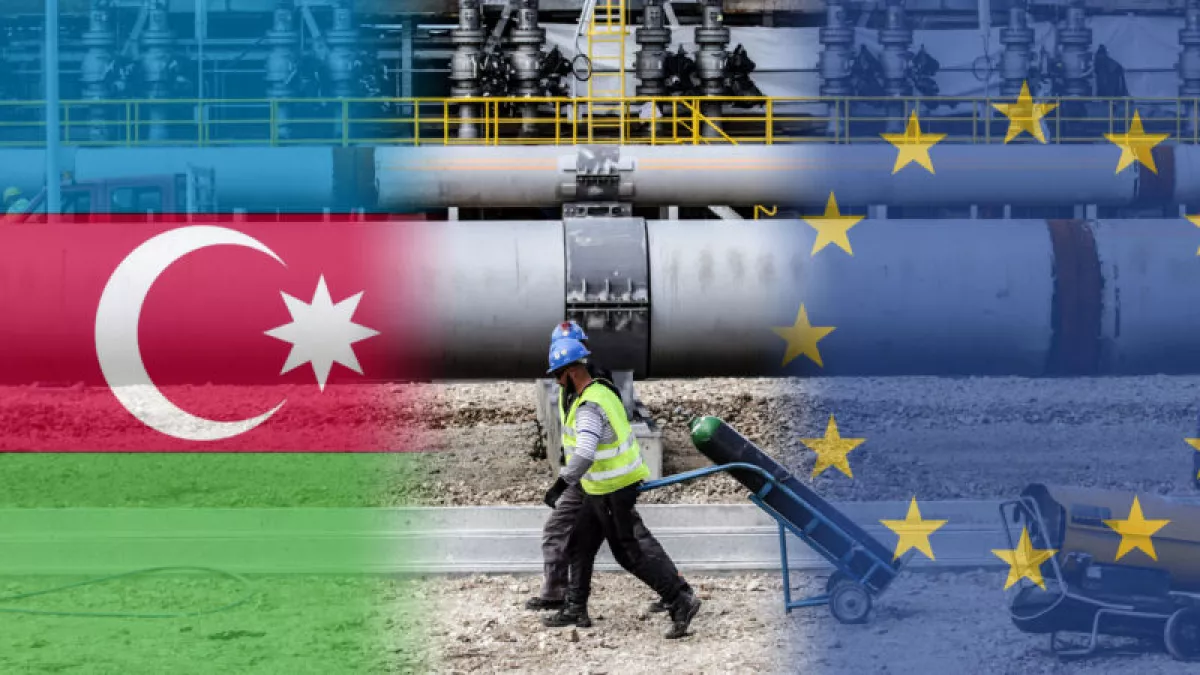
Trade ties with Russia are only one component of Azerbaijan’s diversified economy. Gas exports to Europe, large-scale investments in green energy, and deepening cooperation with the Organisation of Turkic States ensure resilience and independence from the Russian market. Azerbaijan has already demonstrated its ability to adapt quickly: since 2020, exports to the EU have increased significantly, partners in Asia are ready to compensate for any gaps, and the domestic market has strengthened thanks to oil and gas revenues and new investments.
Thus, Azerbaijan was by no means the initiator of the current tension in Azerbaijani-Russian relations. However, the developments—from the refusal to acknowledge responsibility for the plane crash to the violence in Yekaterinburg—have compelled a firm but proportionate response. It is also worth noting that the Azerbaijani diaspora in Russia, numbering in the millions, has always been a factor of rapprochement: our compatriots contribute to the Russian economy, from trade to culture, but when they are subjected to discrimination, it touches upon national dignity.
Therefore, today’s crisis is not the result of “Turkish plans” or “British playbooks,” but rather a consequence of internal contradictions within Russian politics, where chauvinism and imperial relics outweigh pragmatism.
Azerbaijan, as a sovereign country, will continue to pursue its independent course, strengthening partnerships with those who respect our choices. Azerbaijan is not seeking confrontation with Russia — on the contrary, its historical ties could serve as a foundation for restoring trust. But for that to happen, Moscow must acknowledge its mistakes and move toward genuine dialogue. Only then can further escalation be avoided and mutually beneficial cooperation resumed. After all, in a world full of challenges — from climate change to geopolitical shifts — the Caucasus needs bridges, not walls. And Azerbaijan is ready to build them, but on equal terms, without the ghosts of the past or phantoms of “external enemies.”
P.S. When our response was ready for publication, the Komsomolskaya Pravda article was removed from the outlet’s website. However, the anti-Azerbaijani hysteria continues in the Russian media, and the same talking points previously voiced by Komsomolka are still being repeated. For this reason, we have decided to go ahead with publishing our response.








